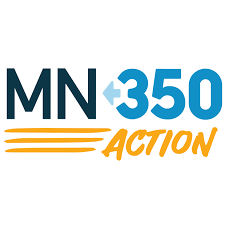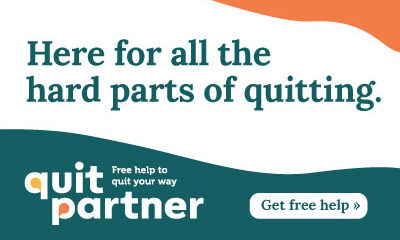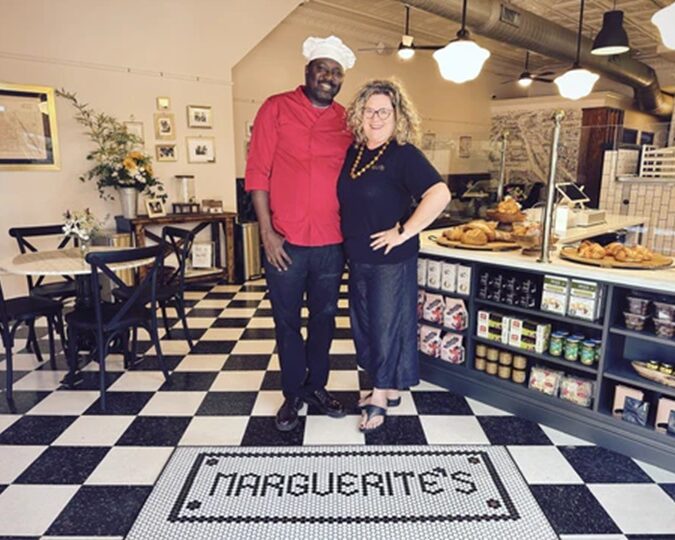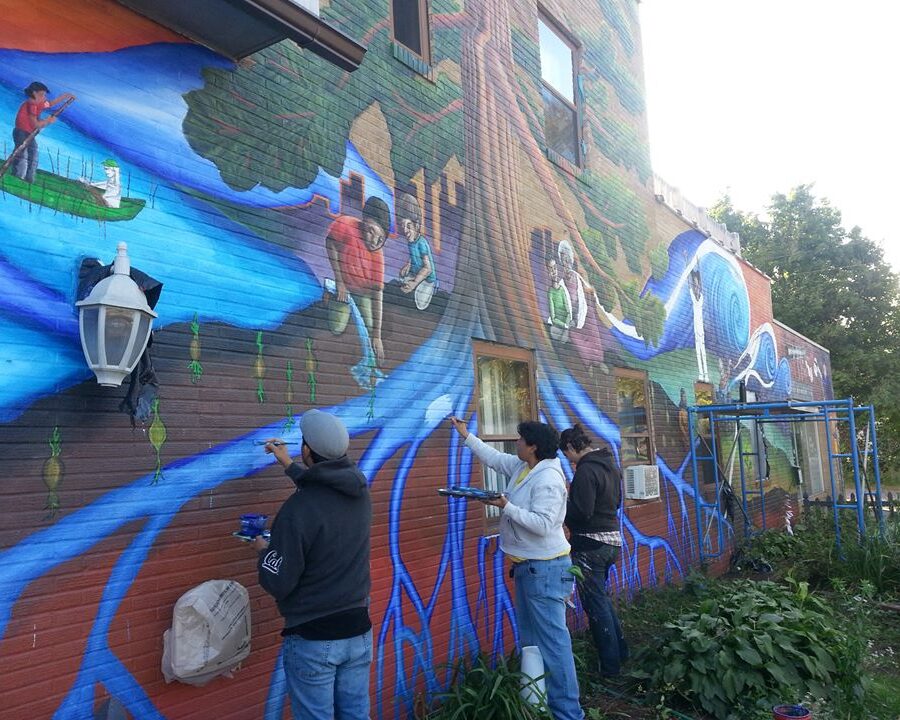BY ULLA NILSEN, MN350
On April 19, the city of Minneapolis released a new 10-year climate action plan for public comment. Why should I care, you ask?
Without a city-coordinated program, most households will be unable to access the $14,000 of federal Inflation Reduction Act (IRA) funding. This means they will be unable to use IRA funding to save money on energy bills and cut out the indoor air pollution that causes asthma and heart disease. Without city investment for the clean energy transition, we can’t create thousands of new family-sustaining clean energy jobs and make those jobs accessible to communities of color in Minneapolis.
WITH city investment, we can transform Minneapolis to an equitable clean energy city that we can be proud of. While the current city plan has worthy goals, it lacks the concrete steps and investment needed to meet those goals. Our comments can help push the city to move beyond nice words to action. MN350 is working with the Just Transition Fund, a coalition of climate, environmental and racial justice organizations, to make sure residents get their voices heard.
“For too long, working class Minneapolis residents have borne the burden of high energy costs. With Minneapolis’ commitment to reducing climate pollution and increasing racial equity, we have the opportunity to reduce energy cost burdens for families in our city,” Greg Nammacher, president of SEIU Local 26, commented. “We want to see new revenue for climate action, with spending targeted in neighborhoods – like our city’s green zones – in which people most need help to make their homes more energy efficient and less expensive to run.”
A good city plan can help address longstanding racial disparities and build well-being in Minneapolis. It can make Minneapolis a model for climate action in the Midwest.
“The people of Minneapolis are clear that we need to address the transition to clean energy and a climate-resilient future from a racial justice lens,” said Emilia Gonzalez Avalos, executive director of Unidos MN. “This means putting wealth-building mechanisms in place so that communities that have faced the brunt of environmental racism – and continue to be historically under-invested in and excluded – get real investments.”
It’s no secret that the challenge of ensuring a just transition to a clean energy economy is enormous — and the timeline to meet it is short. A recent study by Center for Energy and Environment (CEE) and city staff cited a total cost of more than $2 billion to meet city climate goals by 2040 (https://www.mncee.org/electrificationminneapolis).
“We are glad to see the city continue to make clear commitments to ambitious reductions in climate pollution and to reduce the racial health and wealth disparities in the city, but we need more than commitments,” MN350 Executive Director Tee McClenty said. “We want the commitments to turn into actual change in our neighborhoods. To do so, Minneapolis needs to go a step further by putting new, dedicated funding behind these climate equity commitments to make them real.”
MN350 and partner organizations are encouraging Minneapolis residents to comment on the plan in order to make sure we can take full advantage of Minnesota’s recent legislation committing us to 100% clean energy by 2040 (https://fresh-energy.org/minnesotas-100-clean-electricity-bill-explained), as well as the historic federal investments in clean energy and climate action through the Inflation Reduction Act. State and federal leadership makes it easier for Minneapolis to meet its climate equity commitments, but the city will need to step up with funding and programs to make sure this transition happens at the pace necessary and in ways that reduce racial disparities.
“We all deserve a healthy city and a just future, no matter our neighborhood or how much money we have. Everyday Minnesotans and our elected officials at the state level are stepping up to solve the climate crisis. It’s time for our Minneapolis elected leaders to do the same,” said Hannah Merrill, ISAIAH board member and Young Adult Coalition core leader. “Our actions must be scaled to the problem, and the scale of climate change is too large to be addressed by individuals alone. Scaled and equitable solutions require real and serious investment, and the city’s action plan is a good start. We have a chance to be a model for other cities while making the investments we need so that all of us can thrive.”
So, what’s next? It’s our turn to be heard! The 10-year climate action plan is open for public comment through June 5. This is our chance to weigh in before it goes for a vote before the City Council. Visit mn350.org to read analysis of the current plan and get the resources you need to submit a comment.
By raising our voices together, we can make sure Minneapolis adopts a climate plan of the highest quality to guide us over the next 10 years.
























